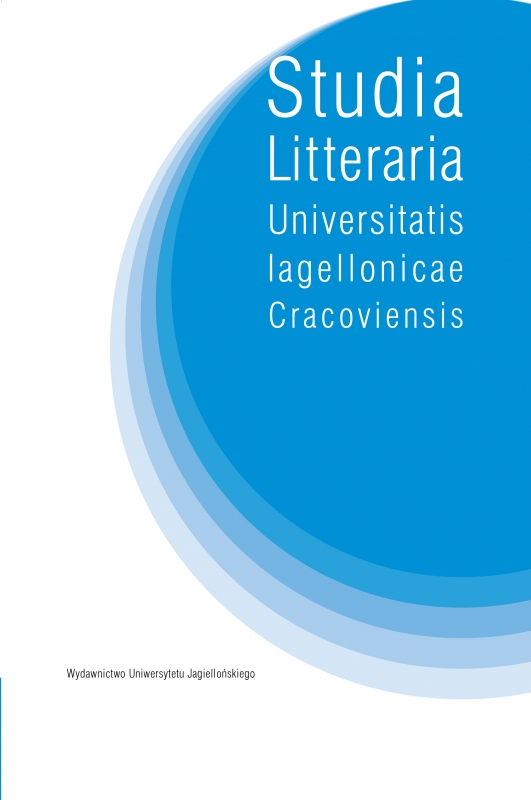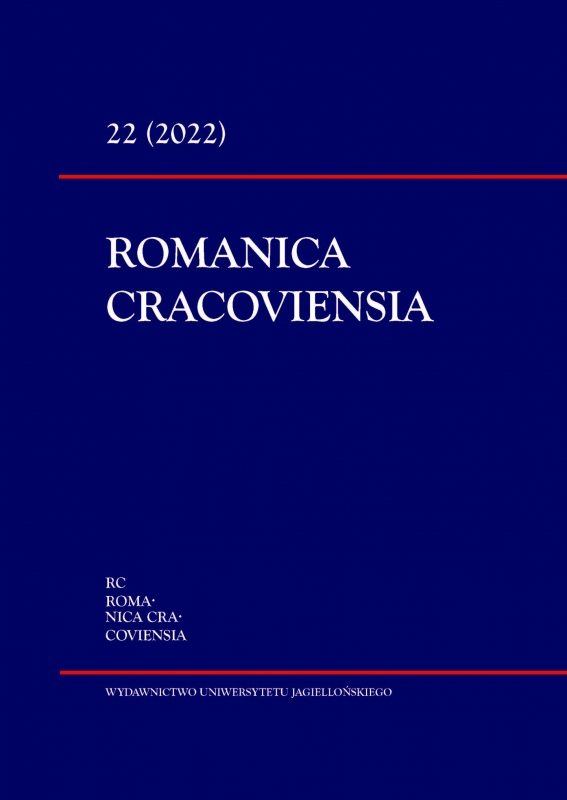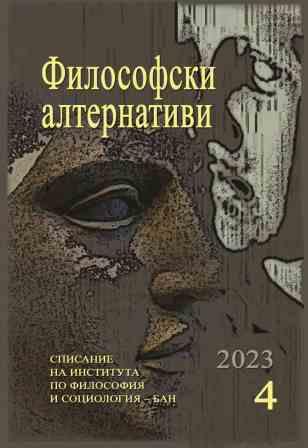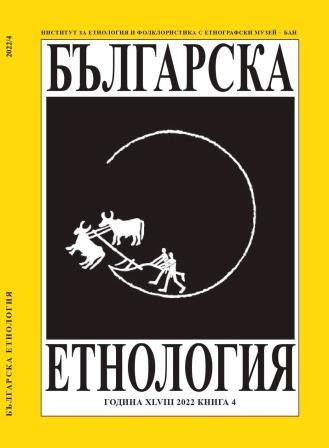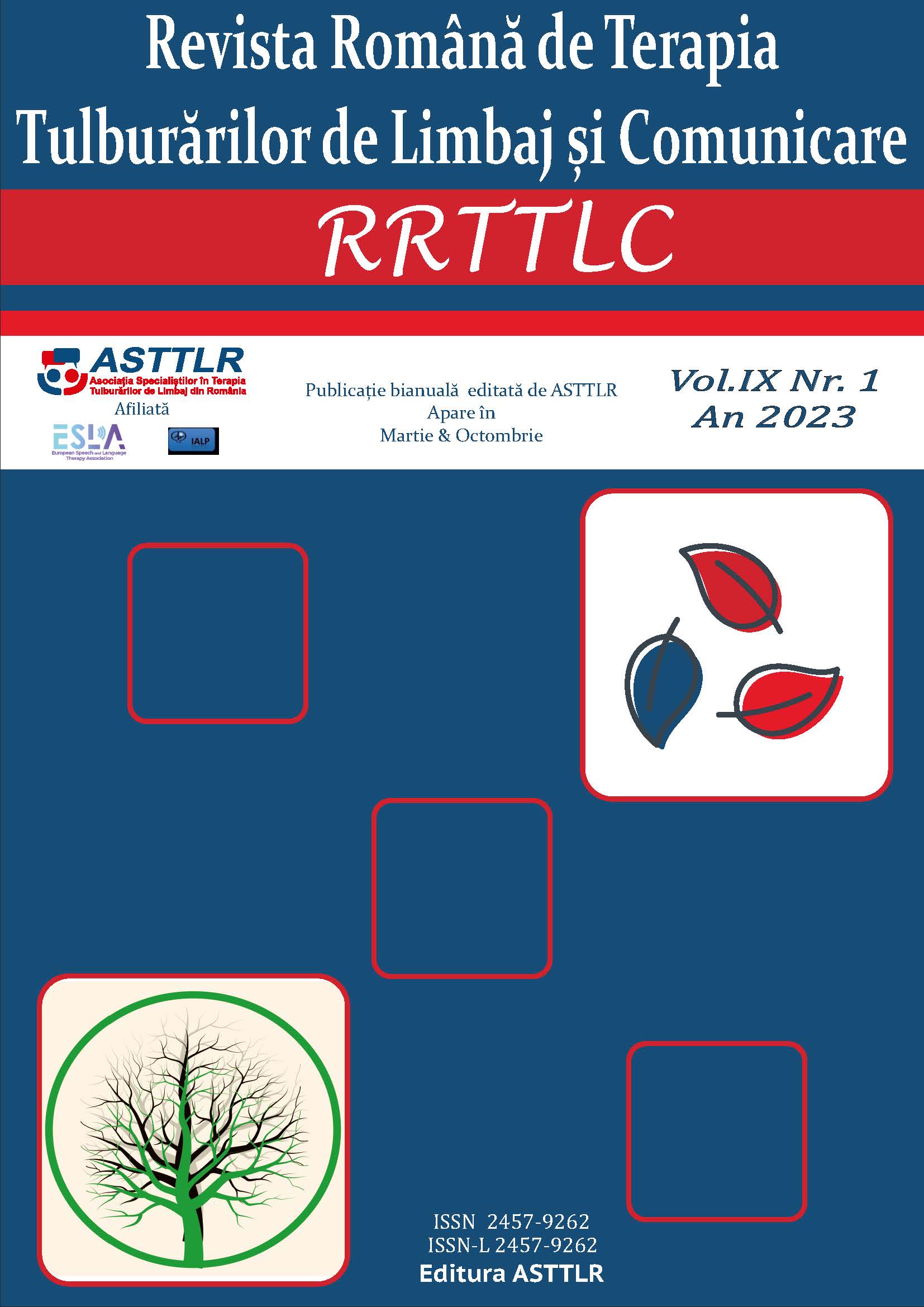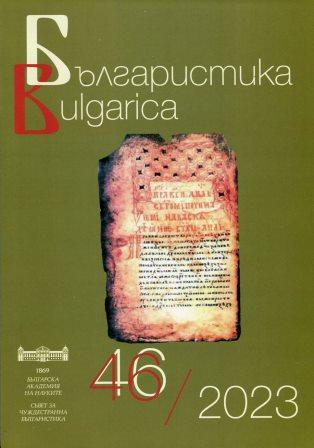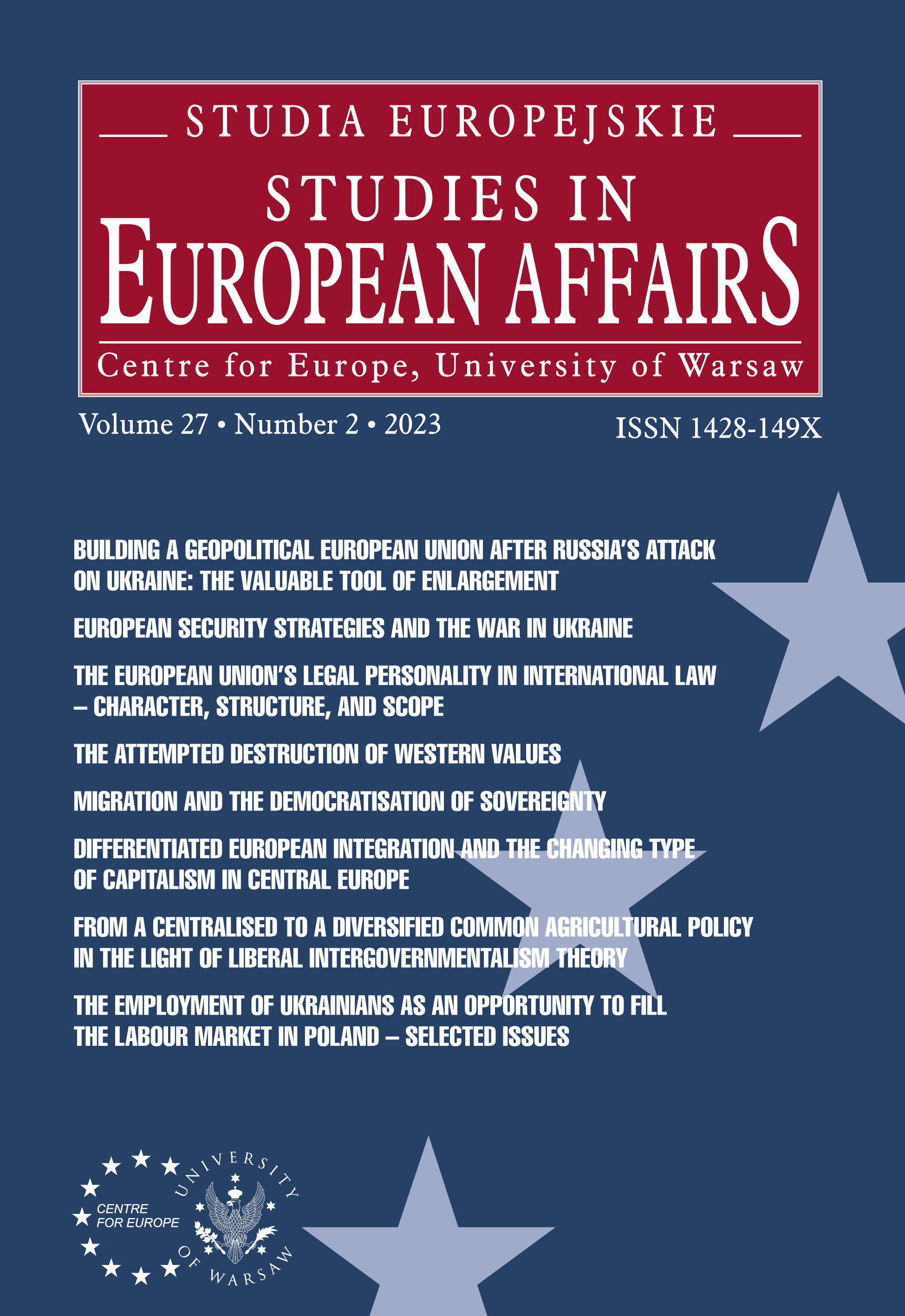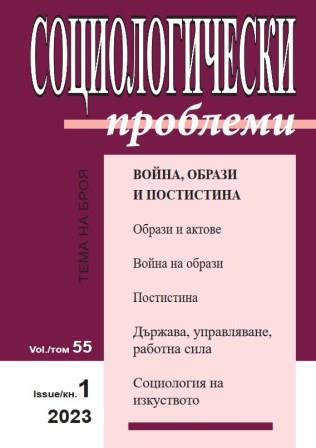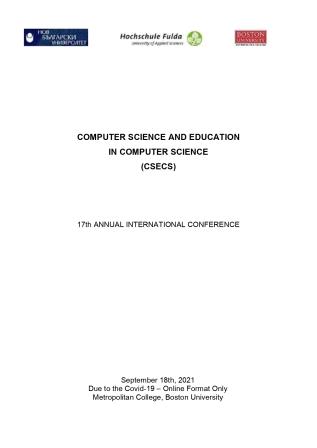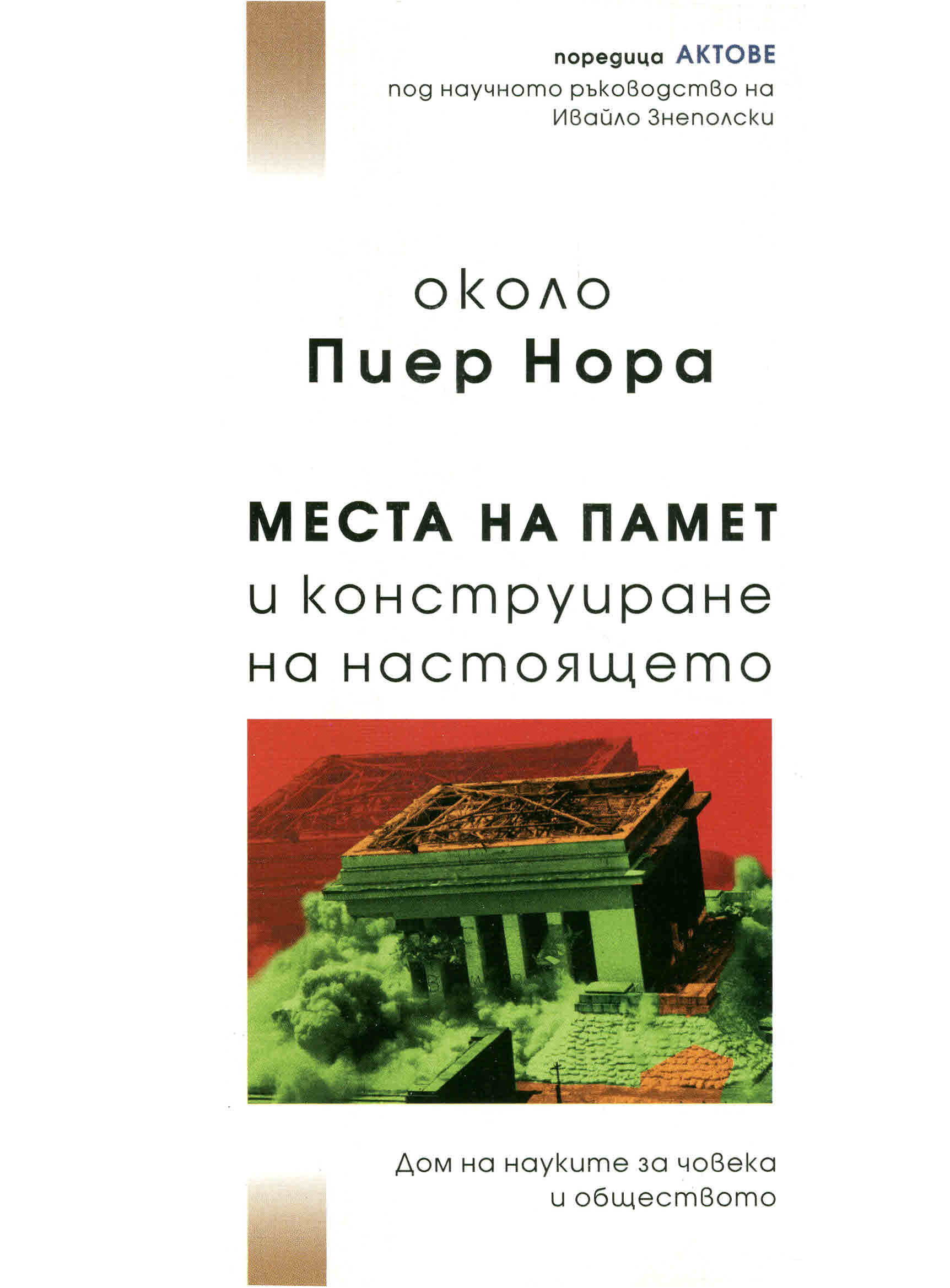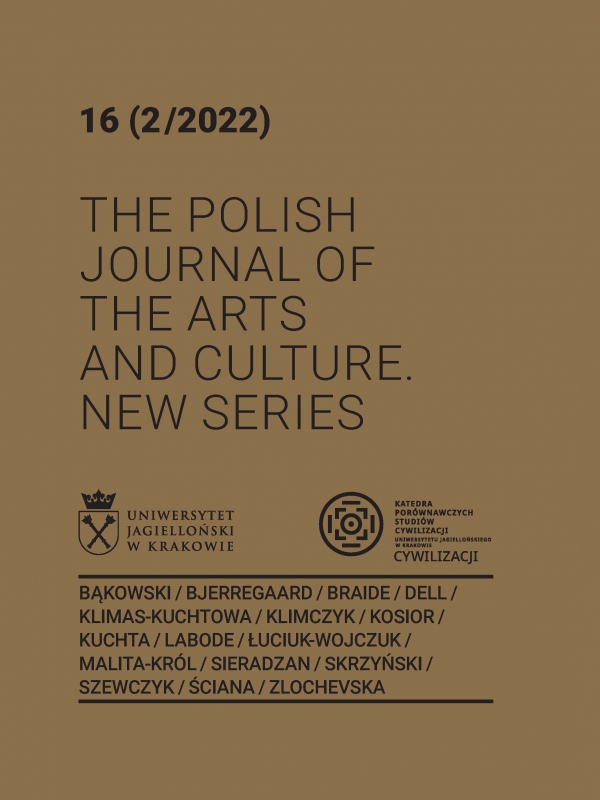
The Second Pawo Rinpoché, Tsuklak Trengwa (1504–1566): Visions in Meditation and Dream
This paper provides a brief introduction to the secret level of Tibetan spiritual biographies (gsang ba’i rnam thar) and autobiographies (gsang ba’i rang rnam) with a focus on visions in meditation and dreams. In the analysis section, some appropriately selected episodes of such secret aspects taken from one of the spiritual autobiographies of the Second Pawo, Tsuklak Trengwa (dpa’ bo gtsug lag phreng ba; 1504–1566), called The Mirror Reflecting the Illusory Countenance (’khrul pa’i bzhin ras ’char ba’i me long) are presented and interpreted.
More...
